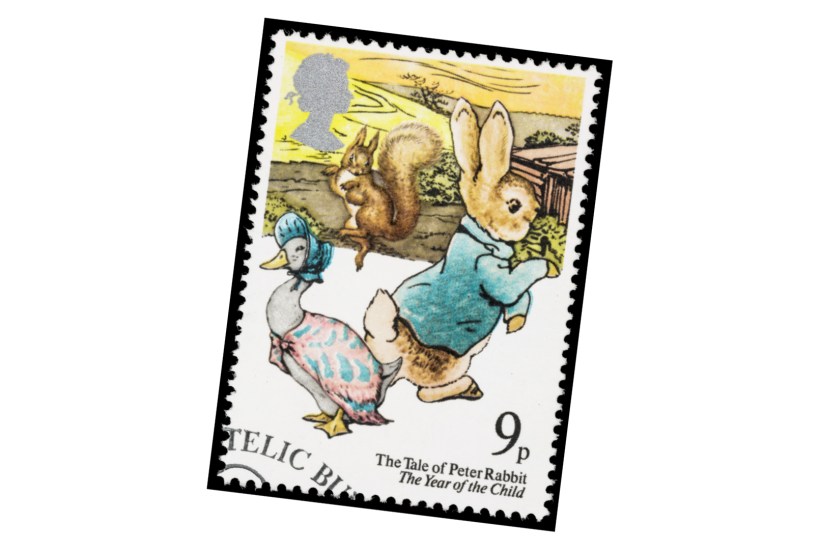I spoke too soon. Beatrix Potter, I suggested in an afterword to my 2016 biography of the author and illustrator, had escaped the distortions of sexual and racial revisionism that now blight so many eminent and long-dead British writers. But no longer.
Last week a specialist in postcolonial literature at a northern university accused Potter of failing to acknowledge her indebtedness to an oral storytelling tradition of enslaved Africans working on American plantations.
Already a subscriber? Log in
Subscribe for just $2 a week
Try a month of The Spectator Australia absolutely free and without commitment. Not only that but – if you choose to continue – you’ll pay just $2 a week for your first year.
- Unlimited access to spectator.com.au and app
- The weekly edition on the Spectator Australia app
- Spectator podcasts and newsletters
- Full access to spectator.co.uk
Or
Unlock this article
You might disagree with half of it, but you’ll enjoy reading all of it. Try your first month for free, then just $2 a week for the remainder of your first year.













Comments
Don't miss out
Join the conversation with other Spectator Australia readers. Subscribe to leave a comment.
SUBSCRIBEAlready a subscriber? Log in